In the digital era, social media is not just reshaping our social interactions but is also significantly influencing the lexicon of the English language. This article explores twelve words that have become so prevalent in the realm of social media that they’ve been officially recognized and added to dictionaries. These words reflect the evolving way we communicate, share, and exist online, each carrying its own story of adaptation and significance in the digital age.
1. Selfie
Selfie, a self-portrait taken by oneself. It skyrocketed in popularity with the rise of platforms like Instagram and Snapchat. The term was officially added to the dictionary due to its ubiquitous usage across social media platforms. Selfies became a cultural phenomenon, shaping how individuals present themselves online.
2. Emoji
Emojis are small digital images or icons used to express emotions. They revolutionized online communication by adding nuance and emotion to text-based conversations. The widespread adoption of emojis led to their inclusion in dictionaries as essential elements of digital language.
3. Hashtag
Hashtag, a word or phrase preceded by the pound sign (#) used to categorize content, originated on Twitter and gained traction across various social media platforms. It transformed how users discover and engage with content on social media. Its integration into everyday language prompted its inclusion in dictionaries as a symbol of digital culture.
4. Influencer
Influencer, an individual who has the power to affect the purchasing decisions of others due to their authority, knowledge, position, or relationship with their audience, became synonymous with social media personalities. The term gained popularity as brands collaborated with influencers to promote products and services. Its widespread usage led to its recognition in dictionaries as a profession shaped by social media.
5. Meme
Meme, an element of culture or system of behavior passed from one individual to another by imitation or other non-genetic means. They spread rapidly, shaping online conversations and reflecting societal trends. Their significance in digital culture warranted their inclusion in dictionaries as a form of modern expression.
6. Troll
Troll, an individual who intentionally antagonizes others online by posting inflammatory, irrelevant, or offensive comments. Trolling behavior disrupted online communities and prompted discussions about digital etiquette. The term’s prevalence in online discourse led to its addition to dictionaries as a phenomenon influenced by social media.
7. Like
Like, a feature allowing users to indicate their approval or appreciation for online content, became a ubiquitous element of social media platforms. Likes served as a form of validation and feedback for users, shaping their online interactions. The concept of liking content transcended platforms.
8. Tweet
Tweet, a message posted on Twitter containing text, images, or videos, became synonymous with microblogging and real-time updates. Twitter’s influence on public discourse elevated the term’s significance, warranting its inclusion in dictionaries. Tweets became a vehicle for news, opinions, and conversations, reflecting the impact of social media on language.
9. Retweet
Retweet, the act of sharing someone else’s tweet on one’s own Twitter feed, emerged as a key feature of Twitter’s ecosystem. It facilitated the rapid dissemination of information and amplified voices within the platform.
10. Unfriend
Unfriend, the act of removing someone from one’s list of social media connections, gained prominence with the growth of social networks like Facebook. It symbolized the complexities of online relationships and social dynamics.
11. DM
DM, an abbreviation for direct message, refers to private communication between users on social media platforms. DMs provided a discreet means of interaction, fostering intimate conversations and connections online. The term’s widespread usage across platforms prompted its recognition in dictionaries as a fundamental feature of social media communication.
12. FOMO
FOMO, an acronym for fear of missing out, encapsulates the anxiety individuals feel when they perceive others are having rewarding experiences from which they are absent. Social media exacerbated FOMO by showcasing curated and often idealized versions of others’ lives.
Explore the Evolution of Language in the Digital Age
Social media has significantly affected language and communication, as seen by the addition of 12 words to dictionaries. As digital culture evolves, more words will likely be added to highlight the dynamic relationship between technology and language. Accepting these changes helps us navigate the digital world and appreciate the new words that have emerged due to social media.
Read More
5 Reasons to Embrace Social Media
The Top 15 Unique Food and Drink Products That Are Taking Over Social Media

Shatel Huntley has a Bachelor’s degree in Criminal Justice from Georgia State University. In her spare time, she works with special needs adults and travels the world. Her interests include traveling to off-the-beaten-path destinations, shopping, couponing, and saving.

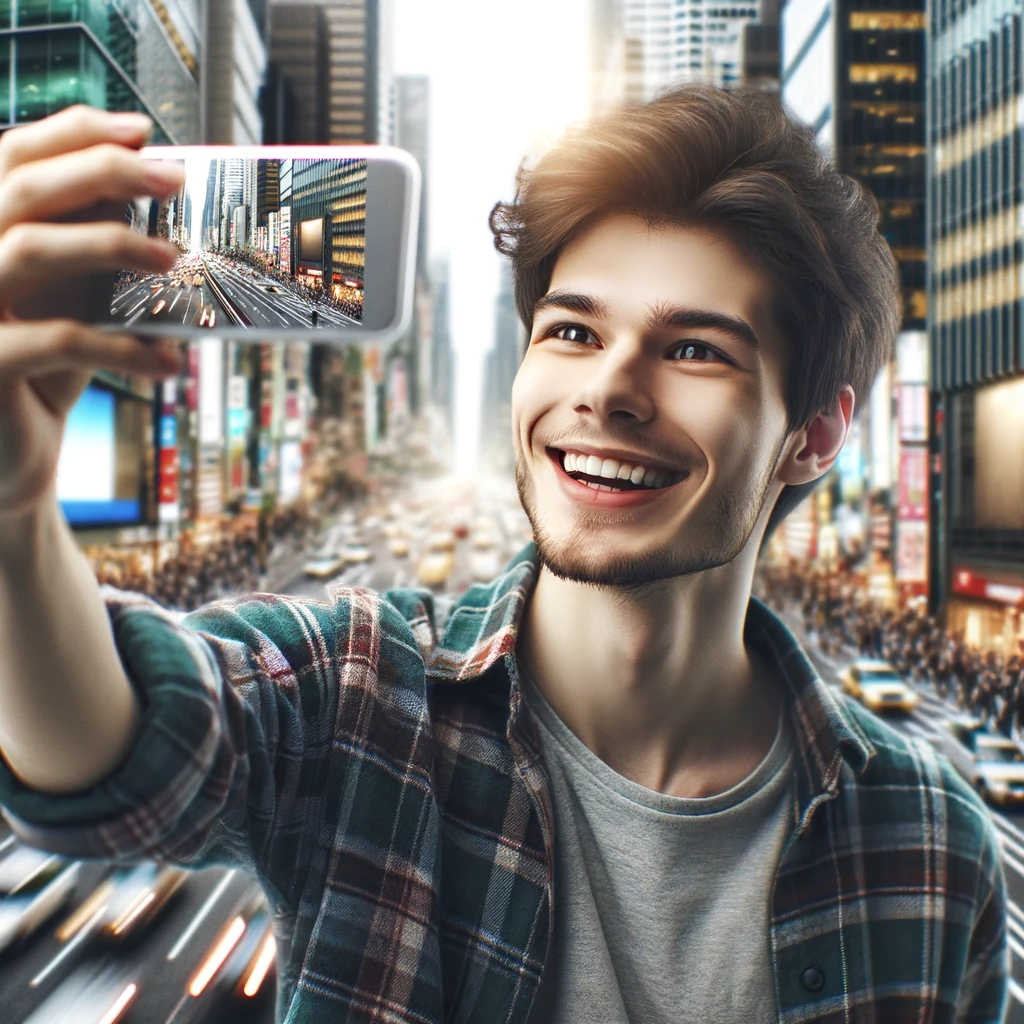
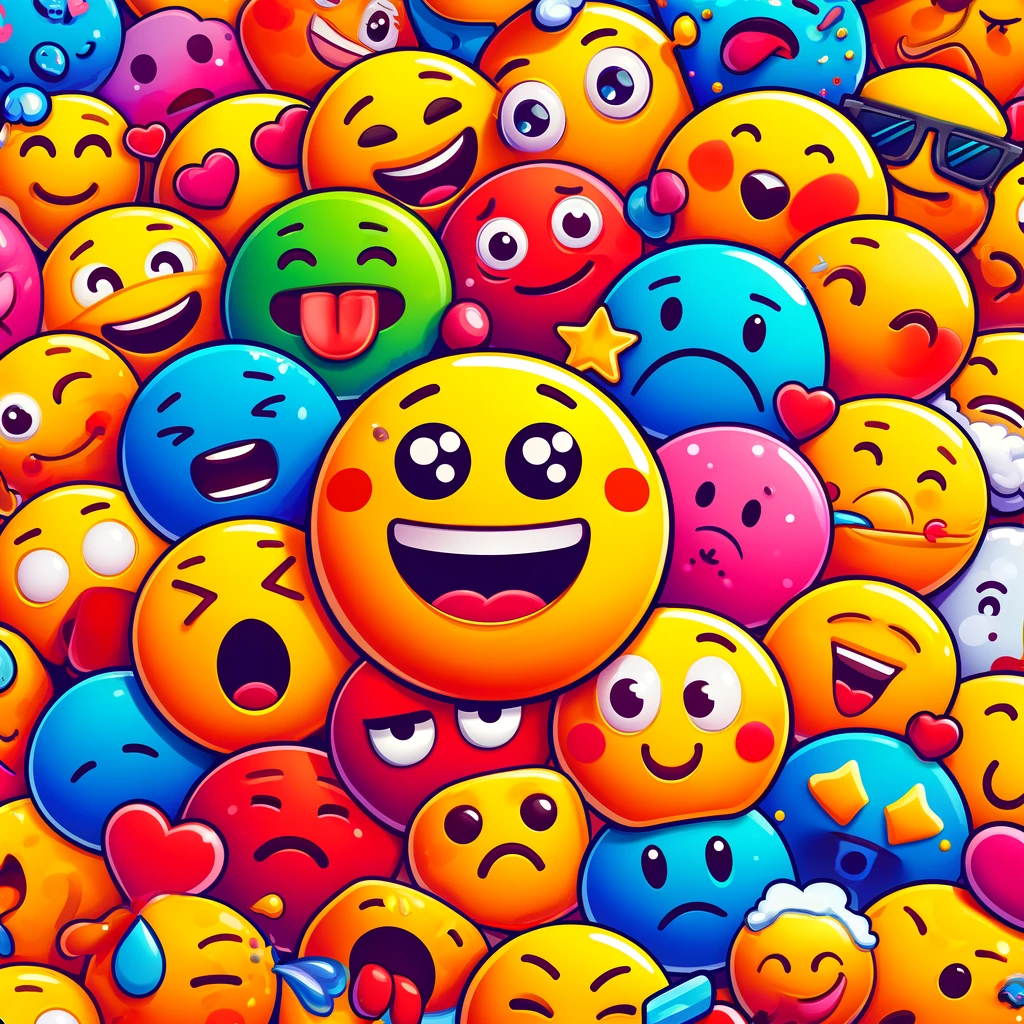

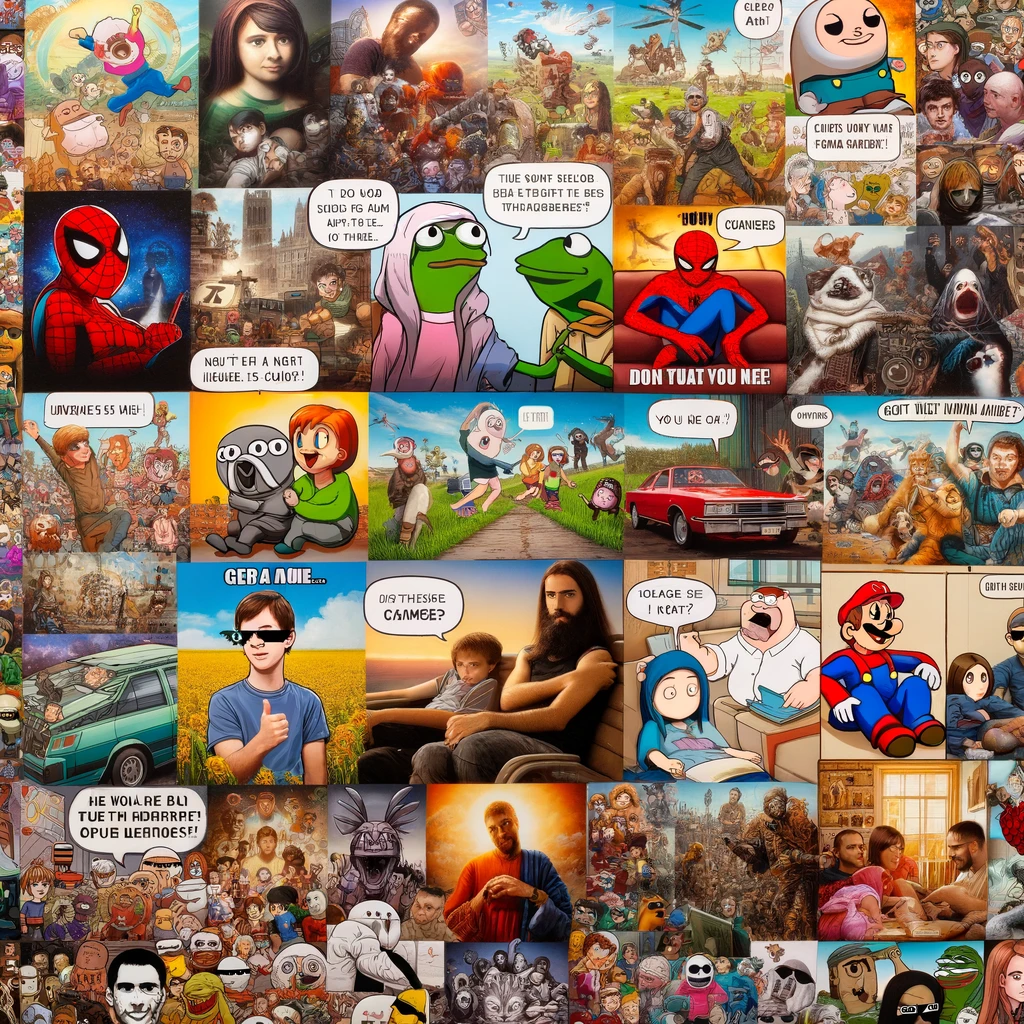

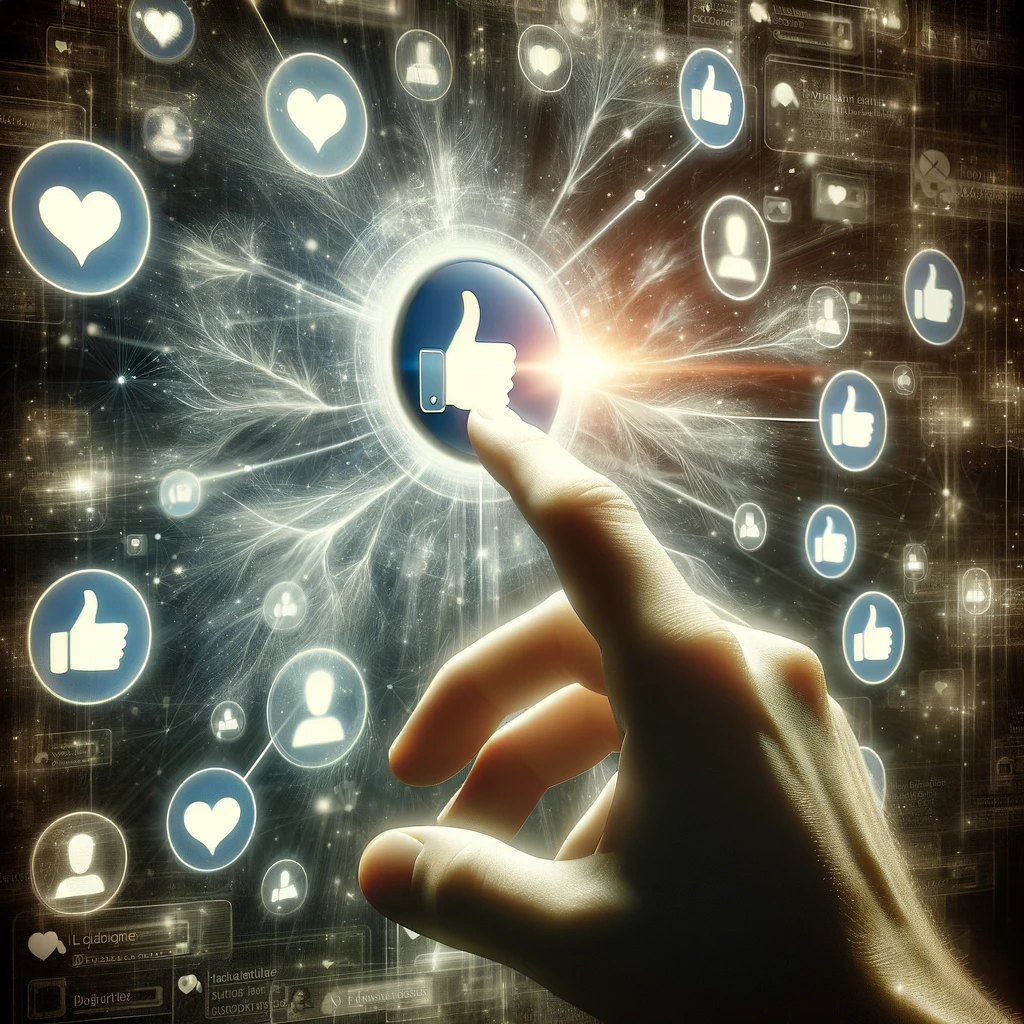
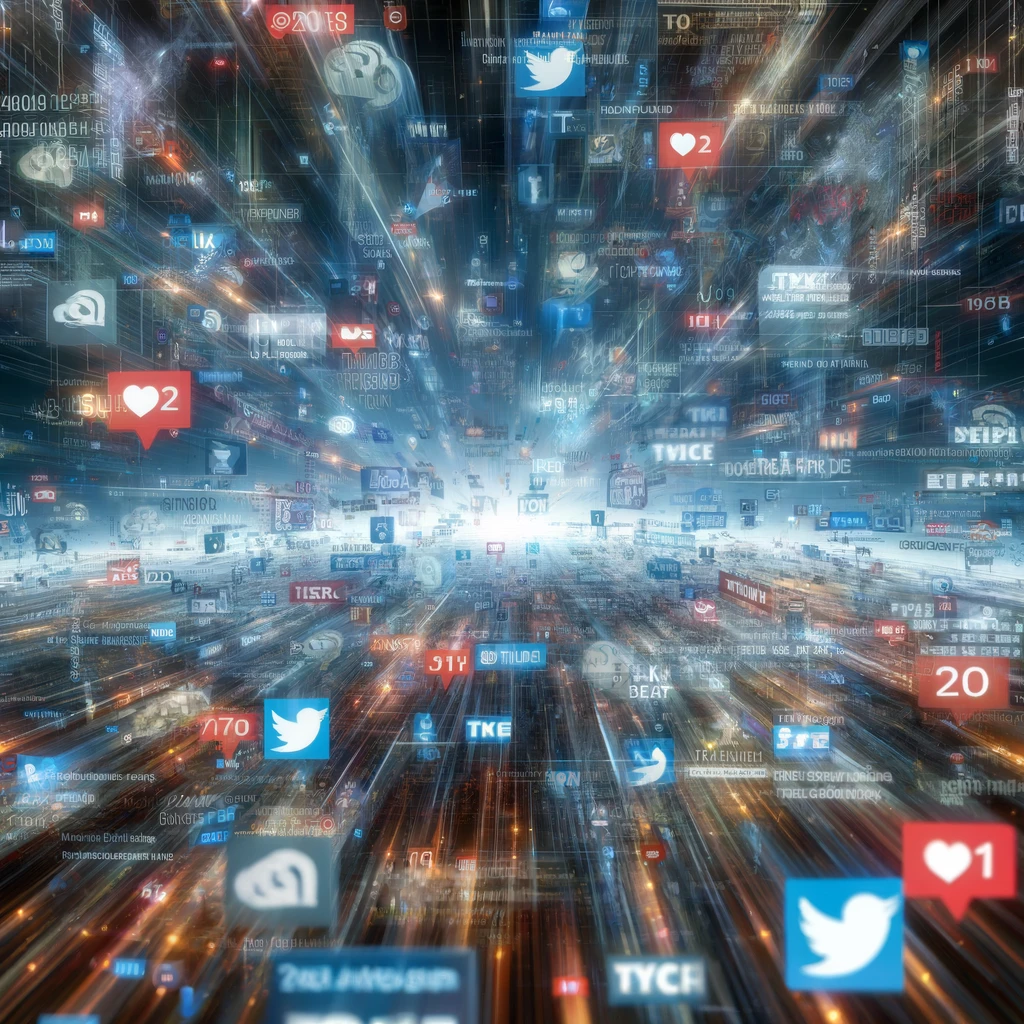
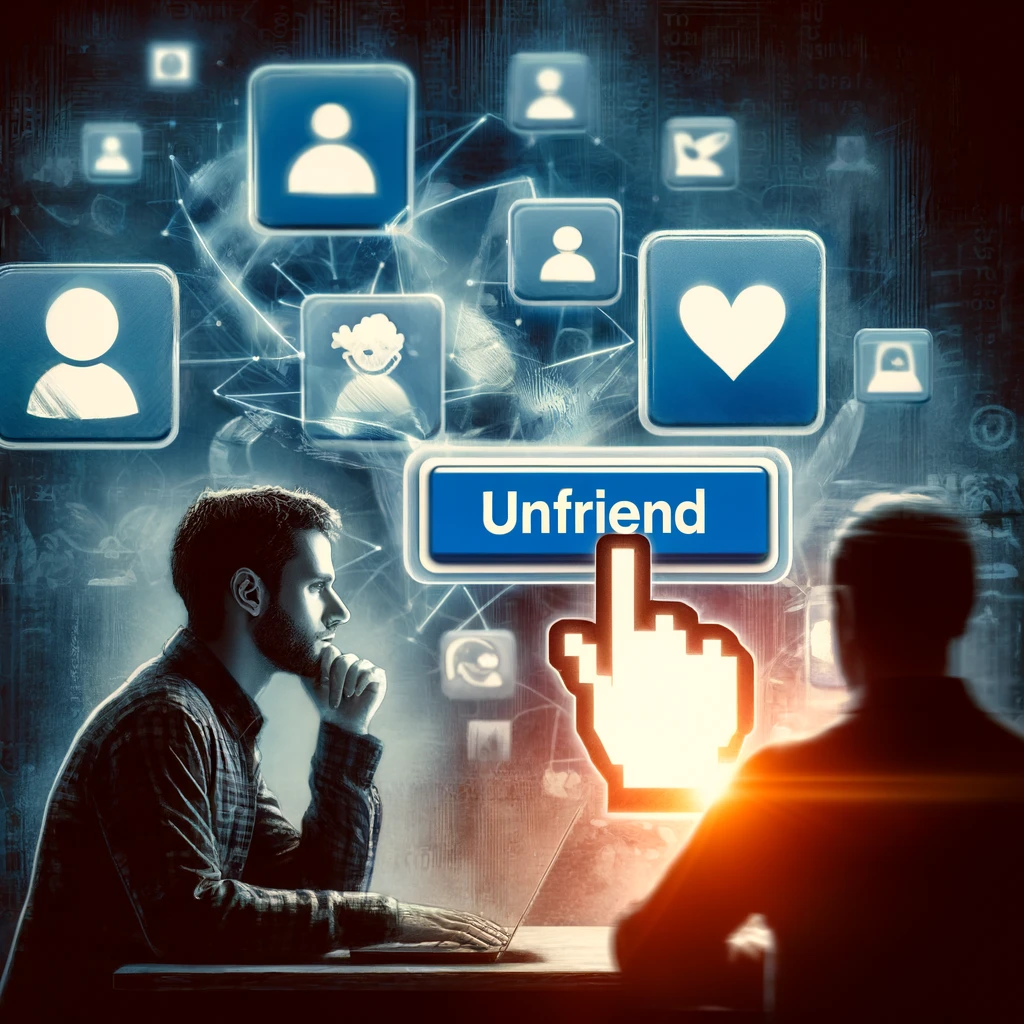
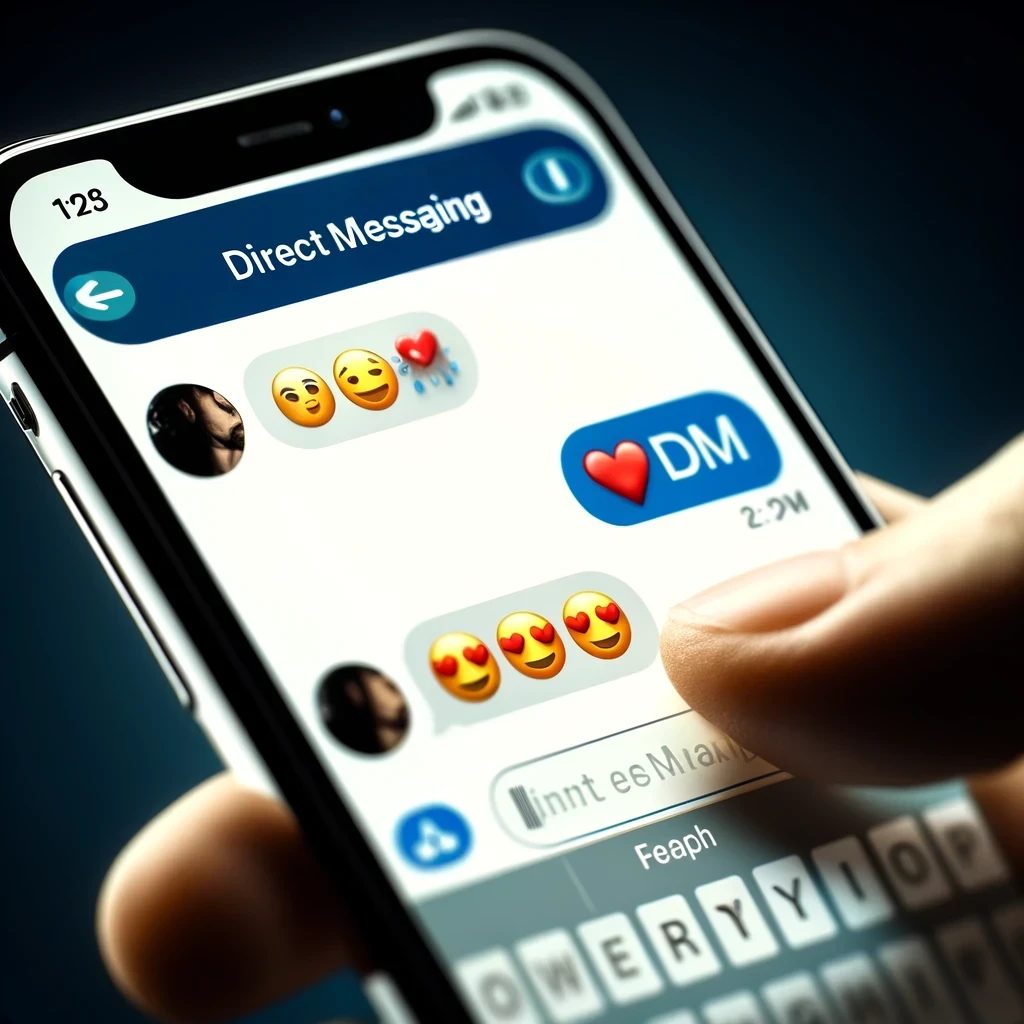
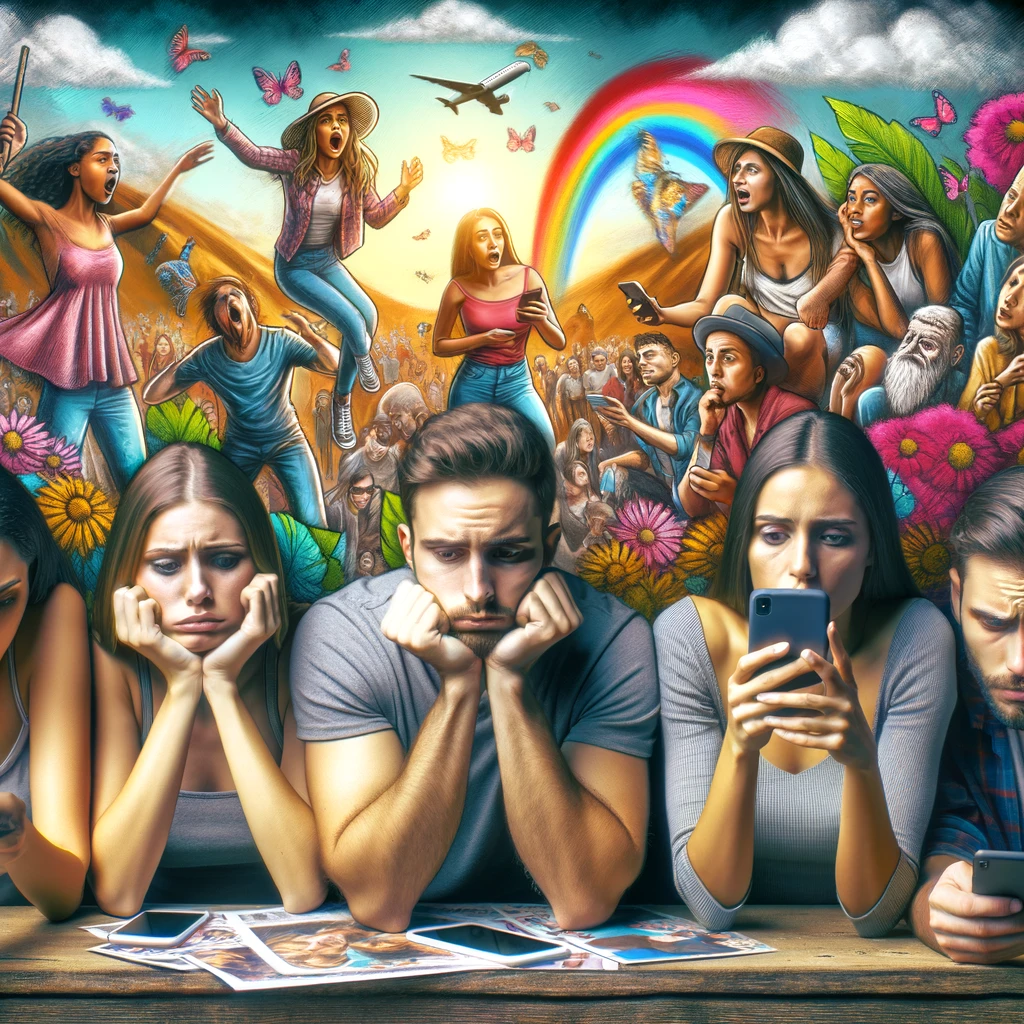
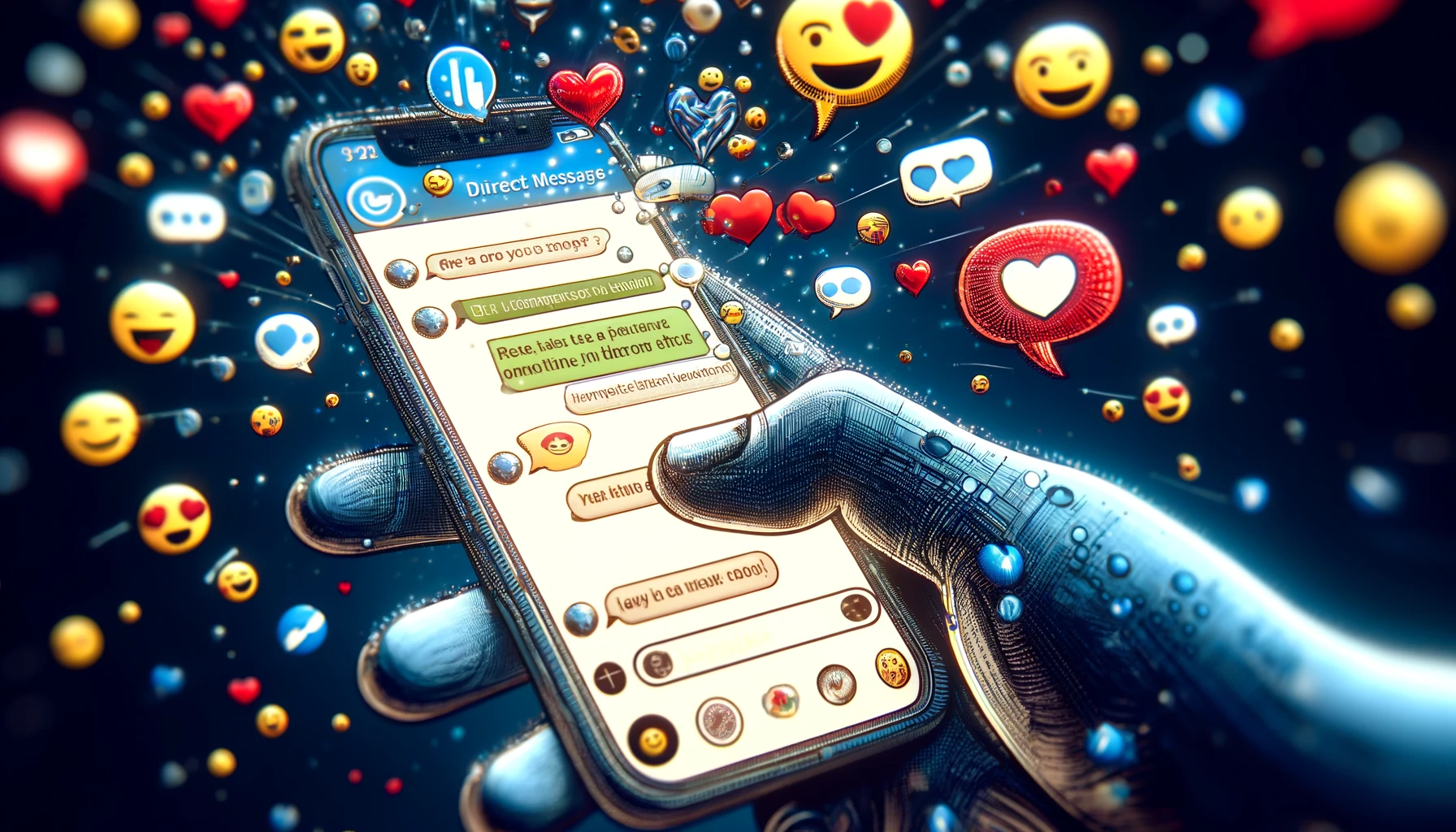
Leave a Reply